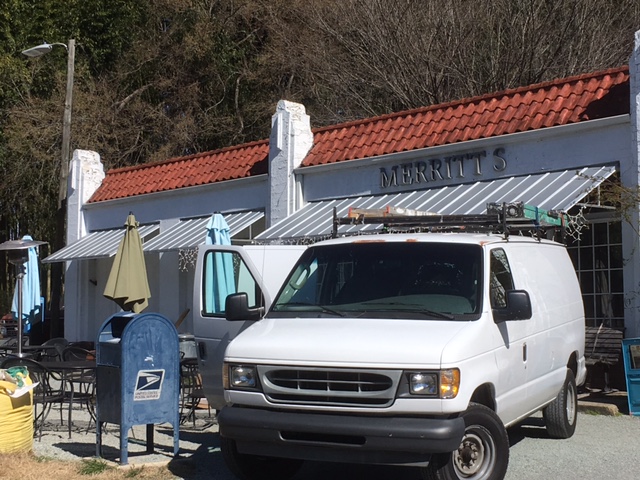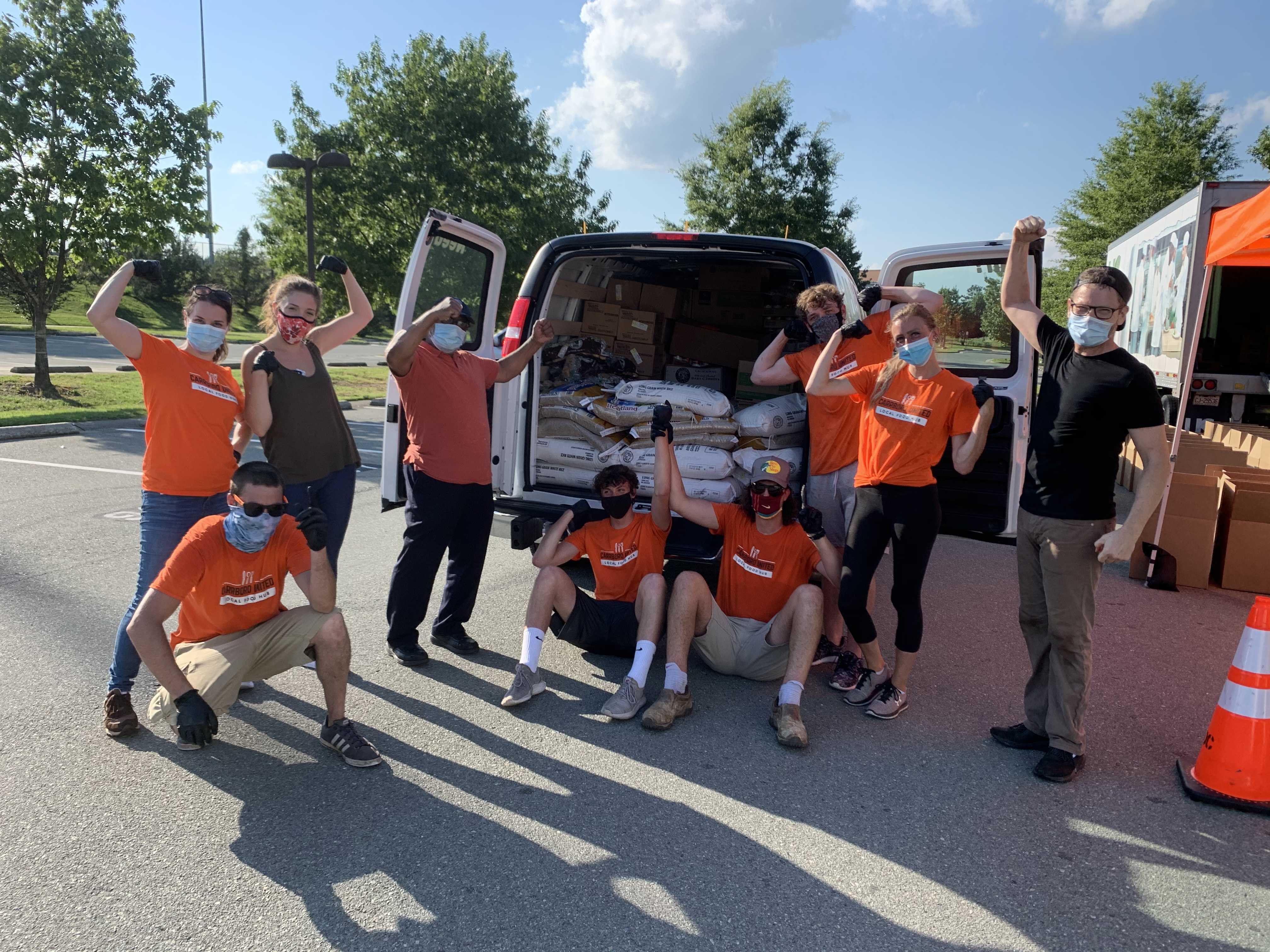The year 2014 is going to mean big changes for at least one prominent local nonprofit—starting in January with a new office.
“We’re finalizing the last steps…(and) we’re hoping to be fully open to the public on January 6,” says Natalia Lenis, community specialist and office coordinator for El Centro Hispano—one of the largest organizations in town dedicated to serving Chapel Hill-Carrboro’s growing Latino community.
El Centro is moving closer to downtown Carrboro, from Carrboro Plaza to 201 West Weaver Street. President and CEO Pilar Rocha-Goldberg says the move will make the office easier to reach—and it will also enable El Centro to expand its already-wide array of services.
“Basically what we do is try to integrate the Latino community to the community at large,” she says. “And we do it through education, health, community organizing, and direct support services.”
Among other things, El Centro is planning to host a bilingual summer camp in 2014—and Rocha-Goldberg says they’re also hoping to expand their education and tutoring programs with a new computer lab as well.
It’s all with the aim of helping first- and second-generation Latinos integrate into the larger community, find jobs and access needed services—issues that Lenis says all revolve around language.
“If I don’t speak the language, how am I going to find out what services are available to me?” Lenis says. “Sometimes even going to school or trying to be in touch with (their kids’) teachers is really hard for them. So everything goes around language.”
That language barrier (often coupled with a lack of documentation) also contributes to what Rocha-Goldberg identifies as a critical problem for the Latino community, particularly among day laborers: namely, employers who take advantage of their employees.
“They call them to work but then they don’t pay them,” Rocha-Goldberg says. “So we have…a lot of issues with that.”
Rocha-Goldberg says a new worker’s center, also slated for this year, should help address that issue.
El Centro Hispano has two offices in Carrboro and Durham, with a staff of 20 employees who work with about 10,000 people—including 2,000 in Chapel Hill-Carrboro. It offers most of its services free of charge.







Comments on Chapelboro are moderated according to our Community Guidelines